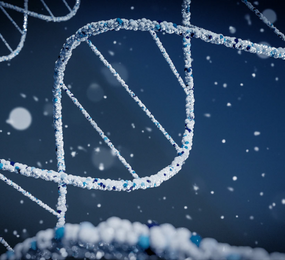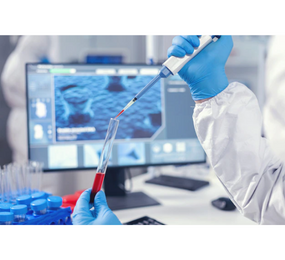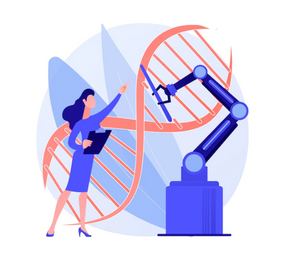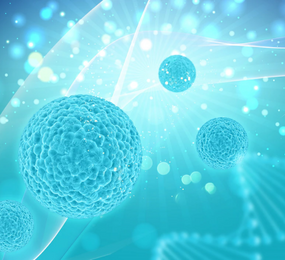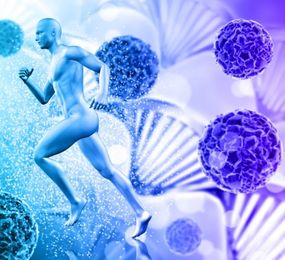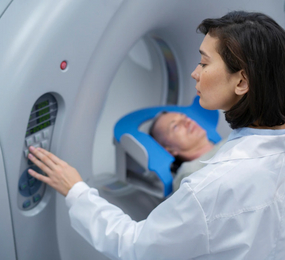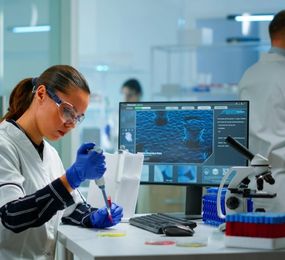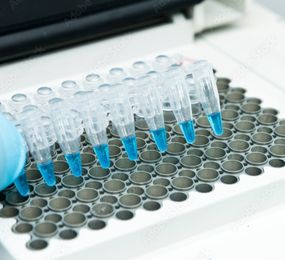Gene therapy, the revolutionary approach of modifying genes to treat diseases, is transforming medicine. But biomanufacturing these personalized treatments presents unique challenges. Let's delve into the intricacies of gene therapy biomanufacturing and explore the advancements overcoming these hurdles.
The Promise of Personalized Medicine:
Gene therapy offers the potential to treat a wide range of genetic disorders, from cystic fibrosis to hemophilia. By correcting defective genes or introducing healthy ones, gene therapy can provide a potential cure for previously untreatable conditions.
Biomanufacturing Challenges for Gene Therapy:
-
Scalability: Personalized medicine requires tailoring treatments to individual patients, making large-scale manufacturing difficult.
-
Viral Vectors: Many gene therapies rely on viral vectors to deliver therapeutic genes into cells. Producing safe and effective viral vectors at scale remains a challenge.
-
Safety: Ensuring the safety and efficacy of gene therapy products requires rigorous testing and quality control measures.
Advancements Shaping the Future:
Biomanufacturing for gene therapy is constantly evolving:
-
Non-Viral Delivery Systems: Researchers are developing alternative, non-viral methods for delivering therapeutic genes, offering potentially safer and easier-to-manufacture options.
-
Personalized Vector Development: Advancements in gene editing technologies like CRISPR-Cas9 allow for the creation of personalized viral vectors tailored to each patient's specific needs.
-
Closed-Loop Manufacturing: Developing closed-loop manufacturing systems can minimize contamination risks and streamline biomanufacturing processes for gene therapies.
The Road to In Vivo Gene Therapy:
Currently, most gene therapies involve modifying cells outside the body (ex vivo). The future holds promise for in vivo gene therapy, where the treatment is delivered directly to the patient's body:
-
In Vivo Delivery Systems: Researchers are working on novel in vivo delivery systems to enhance the efficiency and targeting of gene therapy vectors within the body.
-
Reduced Immunogenicity: Mitigating the immune response against viral vectors is crucial for the success of in vivo gene therapy approaches.
Gene therapy biomanufacturing faces challenges, but advancements offer a promising future for personalized medicine. By overcoming these hurdles and exploring innovative delivery methods, we can unlock the full potential of gene therapy and revolutionize treatment for a wide range of diseases. The journey towards personalized cures through gene therapy is paved with both challenges and remarkable advancements, shaping a future of hope for patients worldwide.
To register or learn more about the Forum please check here: https://bit.ly/3WRMLFS.
For more information and group participation, contact us: [email protected]


